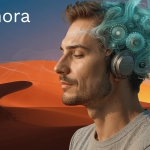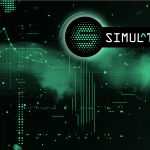Neo.ai
— The Personal Soundtrack of a Weary Mind

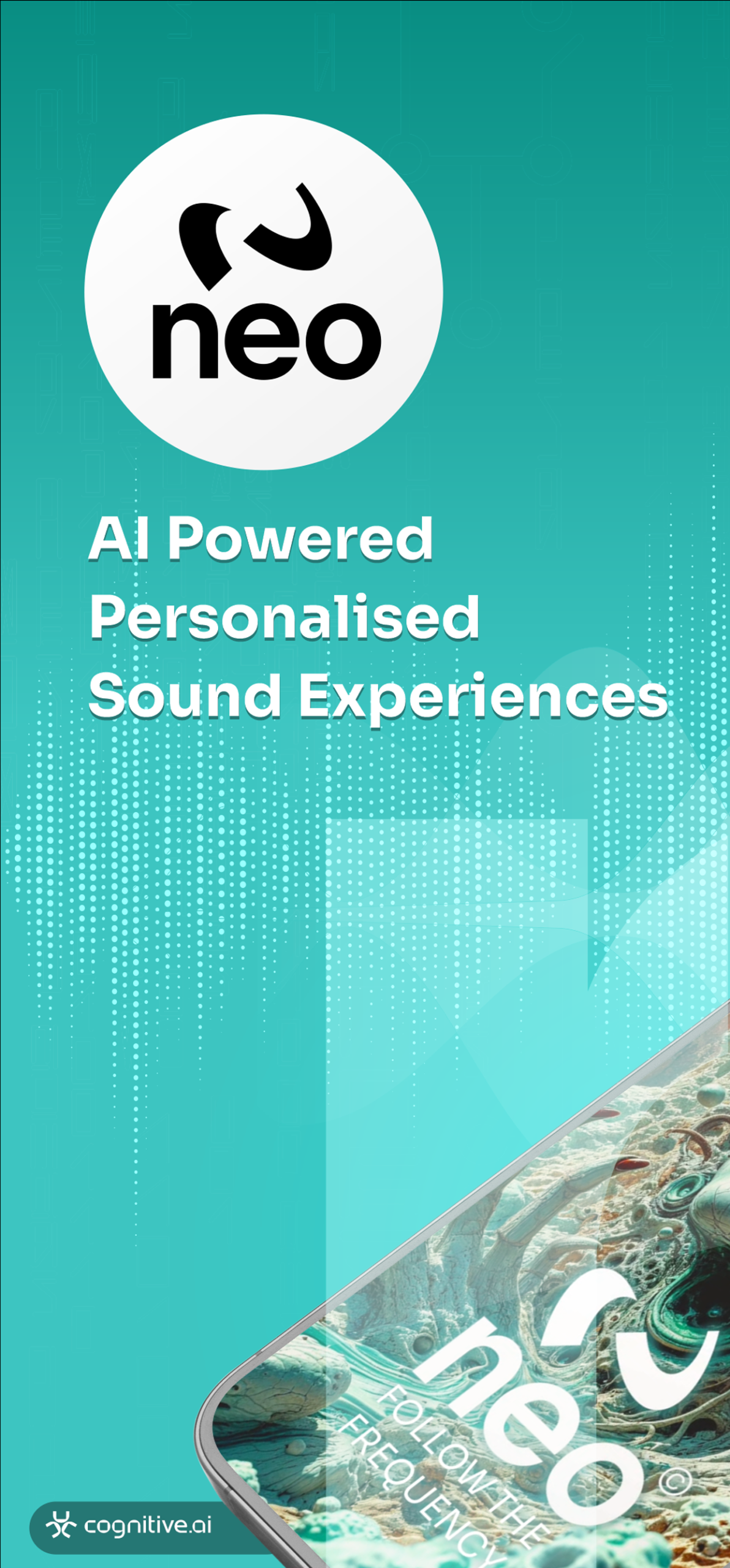
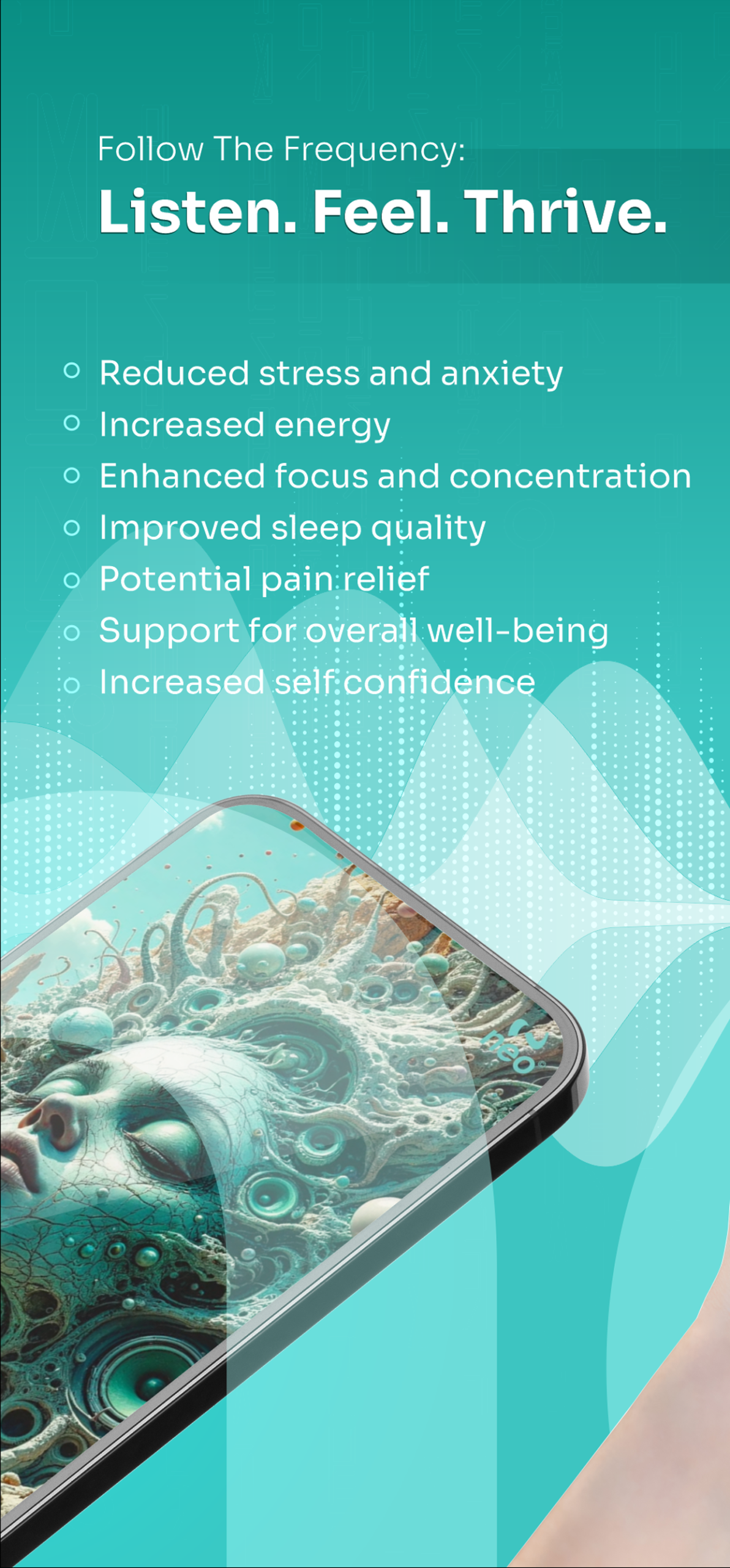
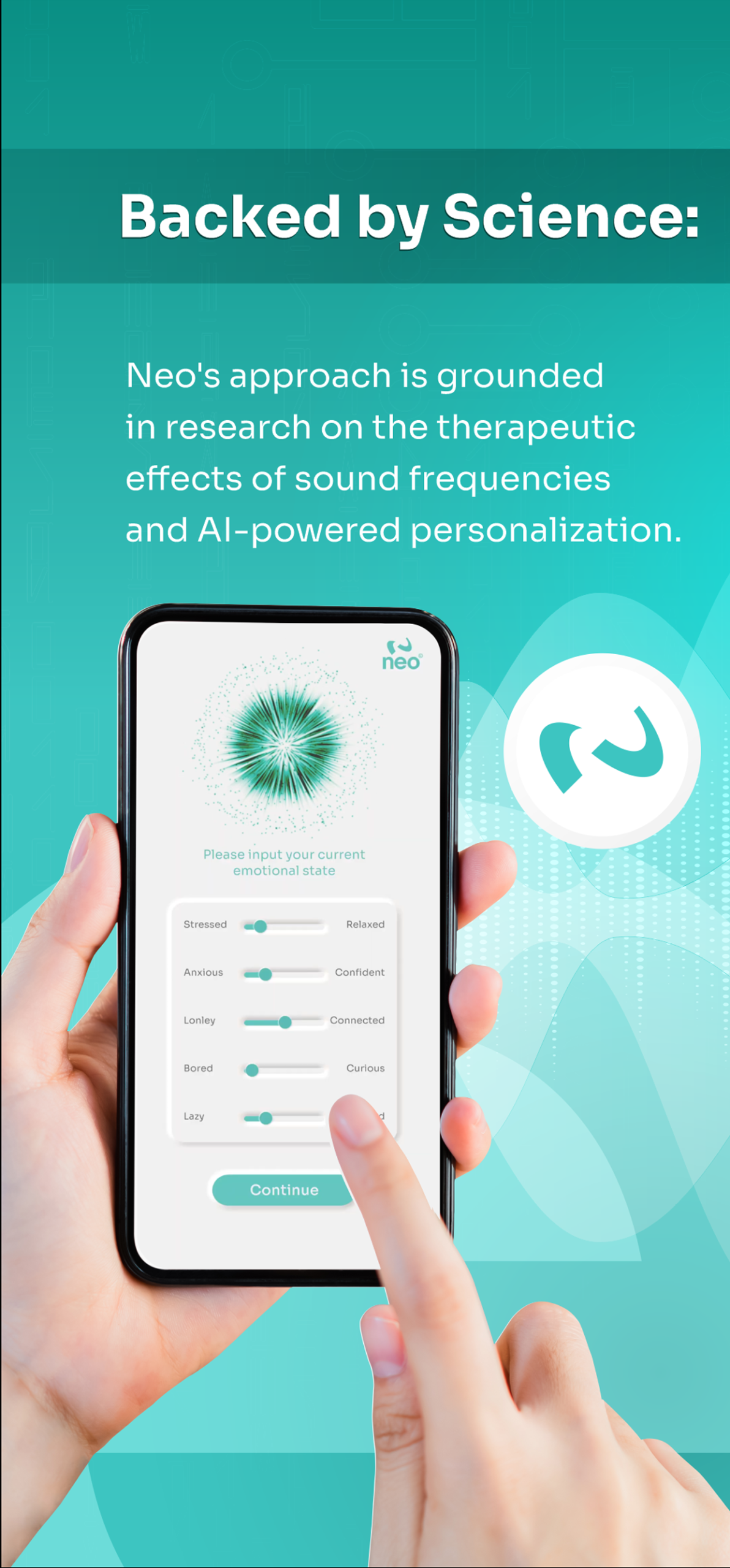
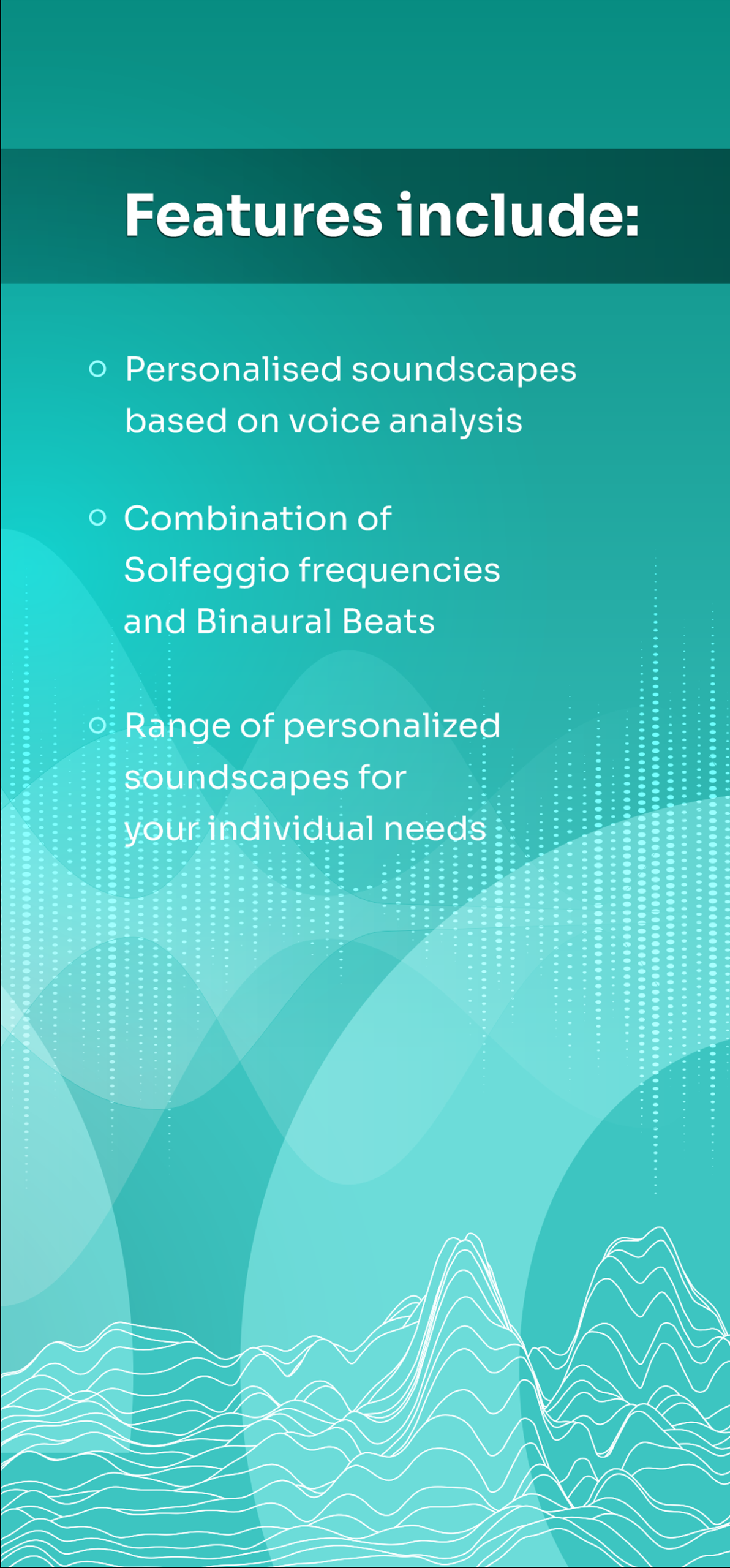
In a world where attention is a currency and nerves are taxed by constant pinging, a small algorithmic oracle named Neo.ai promises something rarer: a soundtrack tailored to the inner weather of each listener.
It’s not merely about loudspeakers or headphones; it’s about designing a moment, a mood, a micro-ritual that nudges a day toward clarity, calm, and, paradoxically, greater momentum.
What Neo.ai Claims to Do
Neo.ai analyzes the user’s voice and, from that sonic fingerprint, crafts a personalized soundscape. The toolkit at play is a curated triad: Solfeggio frequencies—the ancient scale claimed to harmonize body and spirit—paired with binaural rhythms that supposedly tune the brain, and ambient natural textures that imitate a landscape you can hear rather than see. The result, Neo.ai suggests, is a therapeutic audio routine that can reduce stress, sharpen focus, and improve sleep quality, all while feeling less like a clinical intervention and more like a private concert produced for one.
A Listening Guide to the Engine Behind the Euphony
Behind the scenes, Neo.ai leans into two bold claims: one, that voice analysis can reveal cognitive and emotional states with enough nuance to tailor sound; two, that the blend of frequencies and nature sounds can physiologically and psychologically nudge the listener toward improved mood and performance. Independent researchers remain cautious about overclaiming, but there is a growing chorus of studies suggesting that consistent exposure to certain auditory patterns can modulate arousal, attention, and circadian rhythms. Neo.ai sits at the intersection of those conversations, offering a daily ritual that feels scientifically legible and poetically simple.
Personalization as a Soft Technology
What makes Neo.ai distinctive is not a single, spectacular feature, but a philosophy of personalization that respects the fragility of human mood. The app doesn’t simply push a generic playlist; it tunes a living, breathing soundscape to your current vocal timbre, tempo, and sentiment, inferred through a discreet, opt-in voice analysis. The result is a dynamic, evolving auditory environment—sometimes a crisp, bright cadence that sparks a sprint of productivity; other times a muted, amber hush that invites introspection.
Designing for the Quiet Moments
Neo.ai’s user experience leans toward restraint. The interface favors calm neutrals, soft edges, and tactile micro-interactions that mimic turning a dial or sliding a lever rather than clicking a car horn of options. The idea is not to overwhelm but to accompany—like a subtle rain on a glass roof, a companion that doesn’t demand your full attention but rewards it with a few well-chosen notes.
Ethics, Safety, and the Responsibility of Sound
A product that claims to alter mental state must walk a careful line. The Neo.ai team emphasizes informed consent, transparent data practices, and clear disclaimers—that their service is not a substitute for medical advice. The ethical conversation extends to safeguarding vulnerable users: ensuring that the personalization algorithm does not stigmatize or pathologize natural emotional states, and providing straightforward opt-outs for any feature that feels intrusive. In a media landscape where personal data is currency, Neo.ai’s stance—privacy as a default, with meaningful user control—feels notably conscientious, even when the field is crowded with competing narratives about “smart” living.
The Impact, Felt Day by Day
Across pilot environments—creative studios, crowded urban desks, and quiet bedrooms—users report small but meaningful shifts: less afternoon fatigue after a run of focused work, a more forgiving wind-down routine, a sense that even a tough day has a softer footprint after a late-evening listening session. The soundscapes act like an afterglow for the brain: a curated set of signals that help the mind reset, recover, and re-enter the fray with a steadier tempo.
Critics and Skeptics: The Risk of a Sound-Wrapped World
Not everyone is convinced that a personalized audio cocktail can meaningfully reshape cognition or emotion beyond a placebo effect. Critics caution against propelling individuals toward dependency on engineered moods, arguing that resilience grows best in the rough, unscripted margins of daily life. Proponents counter that carefully designed, ethical, customizable audio rituals can offer a dignified, low-risk tool for managing stress and improving concentration in a high-stakes, chronically busy era.
The Business Reality Behind the Harmony
Neo.ai operates in a market increasingly crowded with wellness tech, wearable devices, and AI assistants that promise performance enhancements with a gentle user interface. The selling point—“personalized sound as self-care”—appeals to a broad demographic, from stressed executives to students, to anyone who feels that the day’s noise is outpacing their capacity to process it. Yet as investors watch the margins of such ventures, questions arise: What is the true long-term value of a personalized auditory routine? How durable is the personal connection when the novelty wears off? The answers will unwrap over time, as the company expands its language capabilities, deepens privacy protections, and refines how voice data translates into sound.
A Quiet Prediction for the Future of Sound
If Neo.ai continues to evolve, it may become less about a single app and more about a standard—an everyday, consent-based interface for shaping mood and focus through sound. The potential expansion into interwoven ecosystems—home devices, workplace environments, therapeutic contexts—could redefine how we approach mental wellness as an ambient, customizable aspect of daily life.
Closing Thought
Neo.ai asks a deceptively modest question: what if the soundtrack of your day could be tuned to both your current state and your long-term goals, without demanding constant attention or compromising your privacy? In a world where attention is scarce and stress is abundant, such a proposition feels not only timely but almost necessary—a reminder that the most intimate technology we carry may be the one that helps us hear ourselves more clearly.
